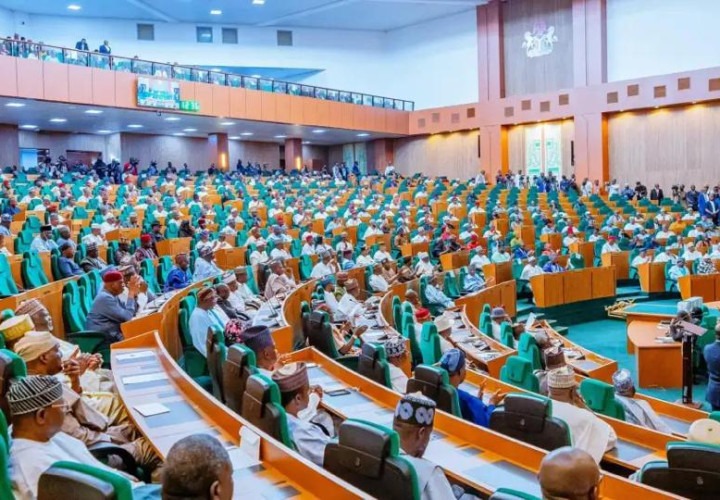The Imperative of Increased Women’s Representation in Nigerian Politics: A Case for 182 Additional Legislative Seats
Nigeria, a nation striving for inclusive governance, faces a stark reality: the glaring underrepresentation of women in its political landscape. Despite constituting a significant portion of the population, women occupy a meager percentage of legislative seats, a disparity that undermines the very essence of democratic representation. Recognizing this critical gap, a transformative bill has emerged, advocating for the creation of 182 additional legislative seats exclusively for women. This bold proposal seeks to rectify historical imbalances and empower women to become active participants in shaping the nation’s destiny.
The call for increased women’s representation resonates with the fundamental principles of democracy, where every citizen, regardless of gender, should have an equal opportunity to contribute to the decision-making processes that affect their lives. Proponents of the bill argue that it is not merely about increasing numbers but about ensuring that women’s perspectives, needs, and rights are adequately reflected in policymaking. This is crucial because women often experience unique challenges and possess valuable insights that can enrich the legislative process and lead to more effective and equitable policies.
The bill, which has garnered considerable support from various stakeholders, proposes the addition of one legislative seat per state, including the Federal Capital Territory, reserved for women in both the Senate and the House of Representatives. Further, it recommends three additional reserved seats for women in each state House of Assembly. This multi-tiered approach aims to ensure a more equitable distribution of power at both the national and sub-national levels, creating a pathway for women to ascend to leadership positions and influence policy decisions across a wider spectrum.
The rationale behind this ambitious proposal rests on the premise that greater female representation is not merely a symbolic gesture but a strategic imperative for national development. Studies have consistently shown that women’s participation in politics correlates with improved governance outcomes, including increased responsiveness to citizen needs, enhanced focus on social welfare, and reduced corruption. Moreover, empowering women politically can have a ripple effect, inspiring future generations of female leaders and fostering a more inclusive and equitable society.
Beyond the immediate impact on legislative processes, the bill holds profound symbolic significance, signifying a paradigm shift towards a more inclusive and democratic Nigeria. It sends a powerful message that women’s voices matter, their contributions are valued, and their participation is essential for building a stronger and more prosperous nation. It challenges traditional gender roles and empowers women to break free from societal constraints, paving the way for a future where they can fully realize their potential and contribute to their communities on an equal footing with men.
The proposal aligns with international commitments, such as the Sustainable Development Goals, particularly Goal 5 on gender equality. It signifies Nigeria’s dedication to global best practices in promoting inclusive governance and resonates with the growing international consensus on the importance of women’s political participation. This commitment is not merely a matter of fulfilling international obligations but a reflection of the understanding that empowering women is intrinsically linked to achieving broader developmental goals, including poverty reduction, improved healthcare, and quality education. The bill, therefore, represents a crucial step towards realizing a more just and equitable future for all Nigerians.


